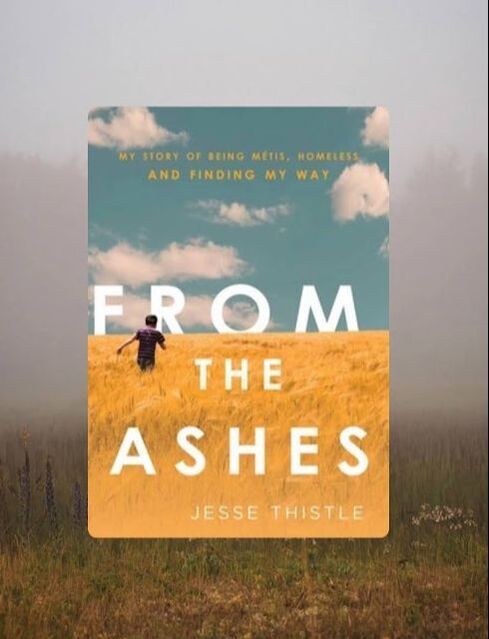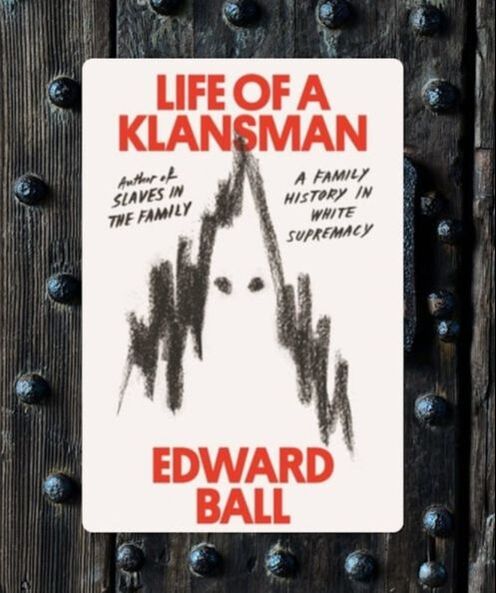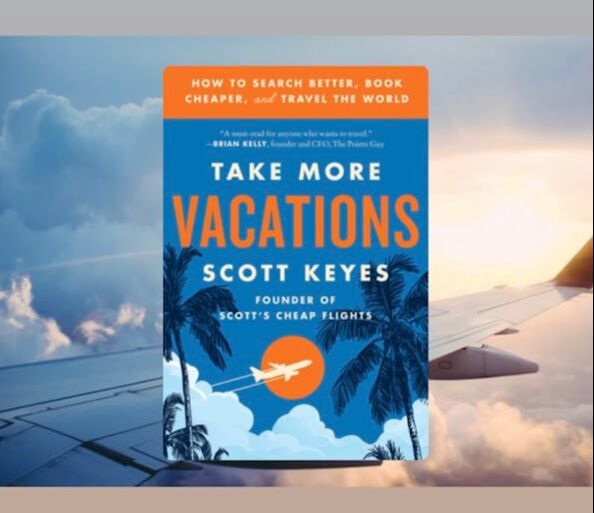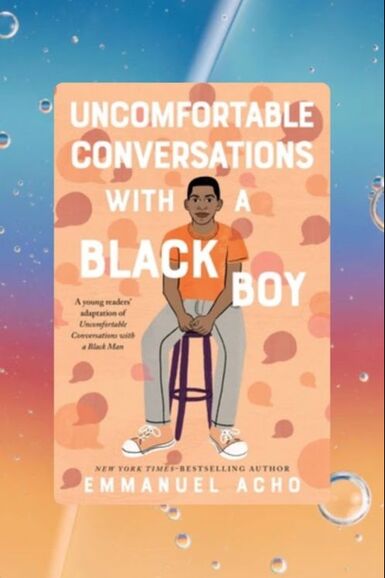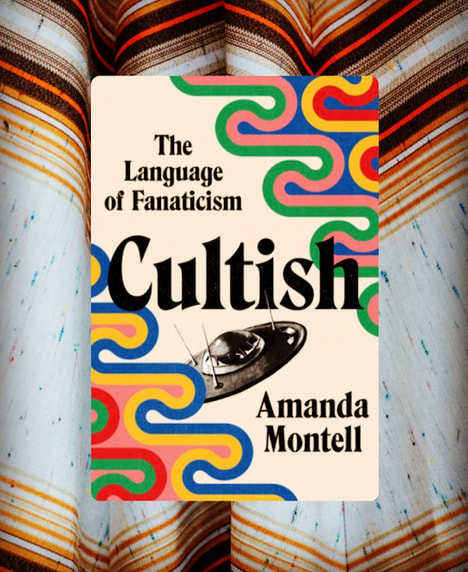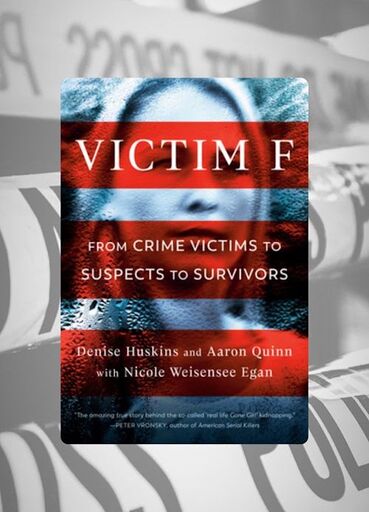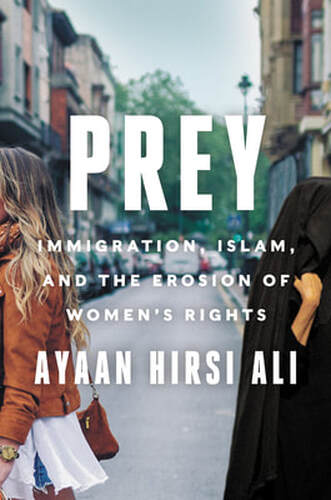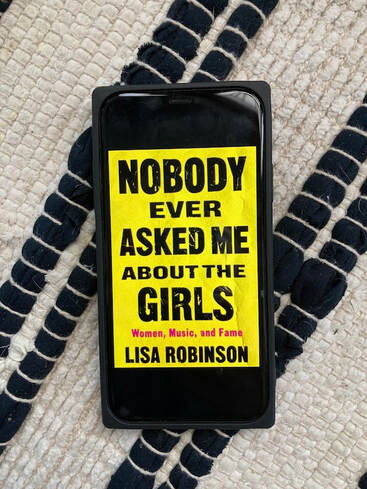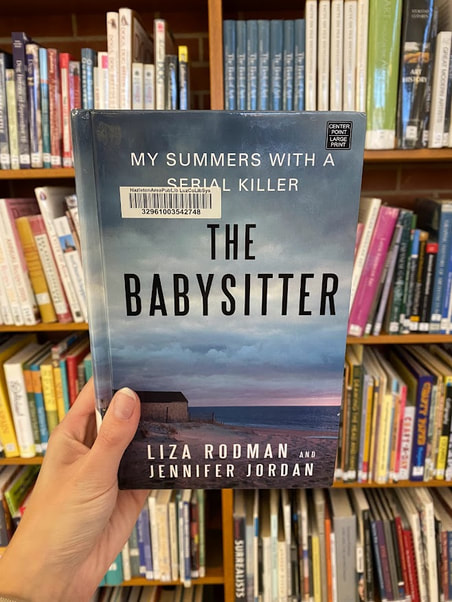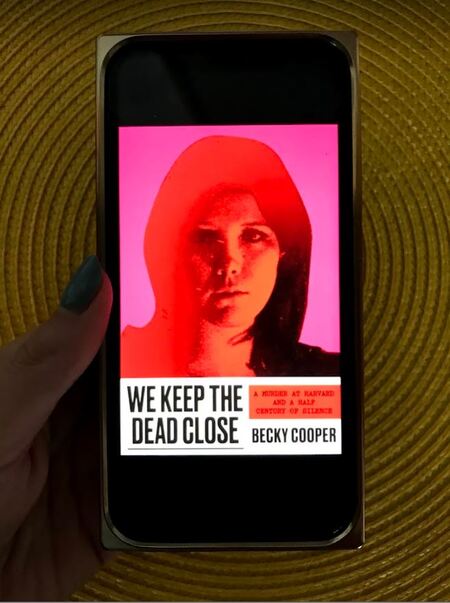|
Jesse Thistle’s account of drug addiction is scalding and downright painful. I winced repeatedly throughout his story; his voice is so raw and uncomfortable that my skin was crawling. How can someone be on the brink of destruction for so long and come out on the other side? Jesse was abandoned by his parents and lived with his brothers in foster care for a short time before finally ending up with grandparents. Jesse’s cycle of alcohol and drug addiction leaves him homeless and struggling on the streets of Canada. The memoir focuses on the trauma and shock of his downward spiral. It’s unsettling but a vivid portrayal of poverty and addiction. I wish more time was given to the story of his recovery. Jesse’s redemption and the awakening of his Metis heritage is a brief wrap-up at the very end of the memoir and doesn’t bring the reader to a full circle understanding of who he becomes in the end. This memoir is searing but I wanted a little more understanding of how he was able to turn things around by becoming a scholar, fully enveloped in the richness of his Indigenous culture. Prepare yourself to squirm; this one is cringy and downright guttural at best, but a worthy read nonetheless – a glimpse into the abyss.
0 Comments
This was way more dry than I was expecting, and although thorough, it just didn’t captivate my attention. I kept drifting off as I was reading and couldn’t' stay focused. Edward Ball tells the history of his family descendant, Constant Lecorgne, who is a white carpenter in New Orleans. Enraged by the emancipation of enslaved African Americans and entitled to the core, Lecorgne terrorizes black people as a member of the Ku Klux Klan. Ball tells intimate details of Lecornge’s life and what drove him to take up the mantle of racism. The details are excruciatingly precise, and it just wasn’t for me. The author also draws on a lot of conjecture and uses the phrase “I imagine” a lot. He makes guesses about what Lecorgne may or may not have done. I found this element distracting and off-putting. I did find the history interesting, especially how he interviewed some descendants of Lecorgne’s victims. Ball also explains that according to demographic estimates, the odds of a white person having a KKK member in his or her genealogy is around 50 percent, and his family story is actually not that uncommon.
Take More Vacations: How to Search Better, Book Cheaper, and Travel the World by Scott Keyes5/1/2022 Travel gives me life. I get so excited about the idea of planning a trip that it dominates my thoughts until I have my itinerary planned out. I’m a meticulous researcher, but this book is forcing me to rethink my strategies and fussy planning style. Scott Keyes has a wealth of knowledge about the history of the airline industry and has tons of experience booking airfare. Over the years, he’s developed a different approach that helps him fly cheaper thus traveling more overall. While he goes over lots of tips and hints, the main gist of the book is to explain that the way most people hunt for airfare is all wrong. We choose a location, watch airfare prices, and guess when we think tickets will cost the least. Keyes recommends basing your airfare purchases off where the cheapest deals are – a simple concept but one we often overlook. The more flexible you are about location and dates, the more chances you have of finding a cheap deal. Your first step is to find a variety of cheap flights, pick a cheap flight destination, and then pick one of the cheap flight dates. This doesn’t mean sacrificing nonstop flights or only being able to fly at odd times or dates. Part of his book is promoting his website, but I didn’t find that to be a problem. You can definitely do the leg work yourself using Google Flights, but it’s time-consuming and tedious. I tried out his free membership which gives you a limited airline selection and limited number of deals per day. His team does the tedious work and sends you emails listing deals from Google Flights. I eventually paid for the yearly membership and soon found a deal to the Canary Islands that saved us almost $400 per person. I never even considered this location until this deal came through my inbox. At this point, the yearly membership has already saved us a ton of money for just one vacation. I will warn you, the beginning of the book is a bit laborious. Keyes spends a lot of time talking about the benefits of vacations, and I found that section to be unnecessarily long. Stick with it, and he gets to the good stuff soon enough. I like the idea of being more spontaneous in where we travel; I can still do my psycho travel planning once we have our tickets booked. The idea of planning details AFTER booking a destination is just as fulfilling in the long run. This book is a shiny gem for travel enthusiasts.
Adapted from a popular video series, “Uncomfortable Conversations With a Black Man,” Emmanuel Acho, former NFL player and sports analyst, lays out an accessible explanation of systemic racism for younger readers. The format of the book and casual conversational quality make it more approachable and easy to understand. He covers a wide range of topics that lend insight into what it’s like to be Black in America including relevant terminology, historical context, cultural appropriation, use of the N-word, voter suppression, etc. Although I don’t feel like his book is covering anything radically new in the realm of antiracism, the style feels fresh, and his call to action is perfect for younger audiences.
This is the Cadillac of books for cult-obsessed readers. What makes this particular fresh-take so interesting is that Amanda Montell hones in on the linguistic similarities between groups that many people agree upon as cults and those groups that display “cultish” behavior but may not be thought of as actual cults in our society. She starts by examining some groups that are commonly labeled cults including Jim Jones and the Peoples Temple, Heaven’s Gate, and Scientology. She examines the commonalities that exist including leaders who function as “linguistic chameleons,” customizing word choice and style to influence whoever is in front of them. Most of these groups find ways to get followers to shed their old selves, submitting to this new collective. Heaven’s Gate followers were given new names with the suffix –ody to make them feel special and part of something unique. Scientology leaders co-opted terms from science and psychology to provide a sense of legitimacy to their claims. They also use an abundance of abbreviations for common words, creating a private language available only to followers. Montell then switches gears and begins examining other organizations that share similarly “cultish” language patterns. I’m fascinated by the section on multi-level-marketing companies (MLMs) because they’re so prominent in today’s social media world. This includes Amway, Mary Kay, LulaRoe, Arbonne, and so on. MLMs thrive on toxic positivity by continuing to peddle the dogma that hard work, blood, sweat, and tears will drive you to success while the MLM pyramid scheme parallels usually only benefit those on top. Just like cults, MLMs seek out people who are optimistic and hopeful and will continue gutting it out even when their savings account is dwindling away or their credit card bills are piling up. The forever-optimists will abide by the mantra, “if you’re not meeting goals, it’s because you need to work harder” and then attend that mega-convention where you’re expected to pay for your own flights, hotel, food, and merchandise. Even corporations like Amazon have shared cultish language. Montell wraps up by looking at the cultish behavior of fitness groups. From Peloton to Crossfit, there are leaders embroiled in controversy and characteristics that place these groups into the “cultish” category. The fitness coaches take on a worshipped god-like status where ritual brings followers into a shared community. People get hooked on the feeling of community. Sometimes the coaches at top levels are not even fitness experts, but are instead more successful in the down-line pyramid structure – scooping up new recruits who then also get new recruits under them and so on. And don’t worry, I see the amusing irony that I’m a cult fanatic reading about the language of fanatic cultish groups. Come, read this book - join us...
What the shit did I just read? This was bonkers to the highest level, and the horrific part is that this book isn’t fiction. This insane, straight-out-of-a-movie sequence of events happened to a real couple. I remember hearing this story on the news when it first broke, and it all seemed so odd. Then reports switched to the “Gone Girl” victim who “faked it.” And then nothing. The news never circled back around when they were found to be innocent; the sensationalism had passed and none of the media outlets cared enough to report on the injustice. This is truly the stuff of nightmares.
In 2015, Denise Huskins and her boyfriend, Aaron Quinn, are terrorized in the middle of the night by armed men in wet suits flashing red laser beams. They’re bound, drugged, separated, and forced to listen to bizarre audio messages with instructions and threats. Denise is thrown in the trunk of a car and Aaron is ordered to stay in the home with a warning not to call police or Denise would be killed. The intruders tape off a boundary on the first floor for Aaron and inform him of the surveillance cameras that will be monitoring his every move. Aaron eventually contacts police due to his concern for Denise, but when they show up to rescue Aaron, he’s immediately treated as the suspect. Not only do they think he killed Denise, but later when Denise is released, they label her as the “real-life ‘Gone Girl’” who faked her own kidnapping despite mounds of evidence proving both Denise and Aaron were innocent victims. Denise was never given proper victim’s assistance as a sexual assault survivor. They lost their jobs. Some of their friends and family didn’t believe them. Social and news media were exceedingly cruel. The police department and investigators re-victimized this couple over and over again by refusing to follow evidence or admitting missteps. I can’t even begin to imagine surviving an ordeal as heinous as this and then finding that the justice system designed to protect its victims has failed so miserably. Aaron and Denise explain the myriad of ways this tragedy impacted their lives, their health, and their relationships. They read off social media messages they’ve received from random people spewing vile hatred and abuse. Despite the trauma, they find a way to cling to each other and develop as a couple instead of tearing each other apart. Their love story is heartening. I still can’t wrap my brain around this; it’s enraging, and probably one of my top five heartbreaking true crime reads. Ayaan Hirsi Ali is a champion for women, and her research is thought-provoking on many levels. Her candor is revealing and challenges perspectives on immigration and women’s rights. Ali uses staggering statistics and mounds of data to present her argument that the increase in sexual violence against women in Europe is linked to increases in immigration from Muslim-majority countries. Stringent gender roles, polygamy, and a lack of legal protection for women all contribute to oppressive ideology. Ali points out how European women are changing their behavior by avoiding certain locations and types of transportation to ensure they don’t become victims of sexual violence. European leaders are afraid to discuss the connection for fear of being labeled racist or xenophobic. Subways offer female-only cars. Parks offer benches for women exclusively. Cafes and bars in parallel community neighborhoods consist of all-male Muslim patrons who sometimes intimidate female citizens if they try to enter. As Muslim asylum-seekers flood into Europe, attacks against women have escalated. Ali asserts that Europeans are putting their heads in the sand instead of facing down a problem that is slowing eroding women’s rights and changing society’s attitudes toward women. Ayaan Hirsi Ali is an immigrant herself, raised in Somalia and having suffered from genital mutilation, she does not advocate against immigration but instead believes that asylum seekers should be required to assimilate into the societies they wish to join. Young Muslim men, as the primary demographic for asylum seekers, must be taught that European culture gives voice and equal protection to women, and they must integrate into this type of society or be denied entry. They will have women colleagues in the workplace, women as bosses, and women in public, dressing as they please. Ali believes that immigration laws have become too loose, and both legal and illegal immigrants have little to fear when seeking refuge in Europe. Ali’s research, while unpopular and contradictory amidst liberal values, has given voice and legitimacy to a concern that has dire implications for European women and sets off warning bells for Americans.
This book should probably be called “Nobody Ever Asked Me About Joni Mitchell.” I was hoping this would be an in-depth look at women's issues and lives in the music industry but was instead reading about Linda Robinson’s favorite female artists while she simultaneously crapped all over Madonna and Taylor Swift. Clearly Robinson has personal beef with both of these women. She is unable to look at their careers and influence objectively. Her critiques scream of personal grudges, and she finds their ambition to be a problem but doesn’t seem to take issue with other artists who share similar drive. She has obvious favorites with the frontrunner being Joni Mitchell, followed by Adele, Stevie Nicks, Patti Smith, and Bette Midler. Robinson seems to place great value on artists who don’t have elaborate sets, make-up squads and entourage. Her book breaks the chapters down into themes covering things like appearance, having children, sex, and success. Robinson discusses the pressure female artists feel to avoid aging and seems to judge women for spending time in makeup chairs or for choosing to get plastic surgery. It’s odd and disturbing to read so much negativity about successful women from an author and interviewer so successful in her own right. Her snarky commentary is misogynistic and left me feeling disoriented like the victim of a bait and switch. She wrote the book based off interviews from her years as a music journalist, but the overall structure lends shallow insight. The section on abuse and sexual assault in the music industry is borderline irresponsible.
This was a unique, true crime book with two alternating, parallel storylines. Told memoir-style, one story is about Liza Rodman’s childhood growing up in Provincetown, Massachusetts. She was a neglected child whose mother worked at various hotels and left both Liza and her sister in the care of strangers and other acquaintances so she could go out dancing and bar-hopping. One of those strangers just happened to be Tony Costa, a hotel handyman who was also a grisly serial killer. As Liza relates her time with Tony, one of few people who treated her kindly, she also tries to understand why the man she remembers as a friend didn’t make her one of his victims. The other storyline tells of Tony’s troubled childhood marred by sexual abuse and drug addiction eventually leading to a litany of crimes against women, including the gruesome murders he committed throughout the 1960s. I found the dual chapters a fascinating study on the complexity of how a serial killer’s mind works. Tony shows Liza a gentle, humanized version of himself filled with small kindnesses like popsicles and rides in his truck. Was he grooming her or was this the other side of Tony, separate from his cruel, depraved existence? As an adult, Liza grapples with this knowledge and the man she knew versus the one in the news who committed atrocities she never would have dreamed him capable of. I’m a sucker for a serial killer book, and the format of this was one-of-a-kind. Crime fans come running!
This book reminds me so much of Michelle McNamara’s I’ll Be Gone in the Dark. Two women obsessed with unsolved murders to the point where their lives become intertwined with the stories. Becky Cooper, a Harvard undergrad, hears bits and pieces of a story about a murder that occurred forty years ago. Jane Britton, a 23-year-old grad student in Harvard’s anthropology department was murdered in her apartment, but the rumor mill spins out a different version where she was found dead in the Peabody Museum of Anthropology and Ethnology, killed by a professor after threatening to reveal their affair. Cooper begins a slow descent into researching Jane’s life and death becoming so enthralled with finding the truth that she begins merging Jane’s story into her own. In addition to searching for the truth for Jane, Cooper also uncovers an unsurprising amount of misogyny among the elite academics at Harvard. She relates story after story of women’s attempts to climb the academic ladder thwarted by men in positions of power and the silencing culture that an institution like Harvard seems to cultivate. I enjoyed the mystery of Jane’s life and death, but Cooper clearly devoted a huge chunk of her young adult life to this story, and she certainly does it justice but in excruciating detail. I was ready for things to move faster about halfway through, but it just kept slogging along. I applaud Cooper’s dedication and due diligence but can’t say I felt enough of the same mystique and draw to keep me entertained the whole way through this.
|
AuthorTravel All the Pages is inspired by my two loves - travel and reading, a combo I can't resist. Enjoy these little pairings. Archives
March 2023
Categories
All
|
